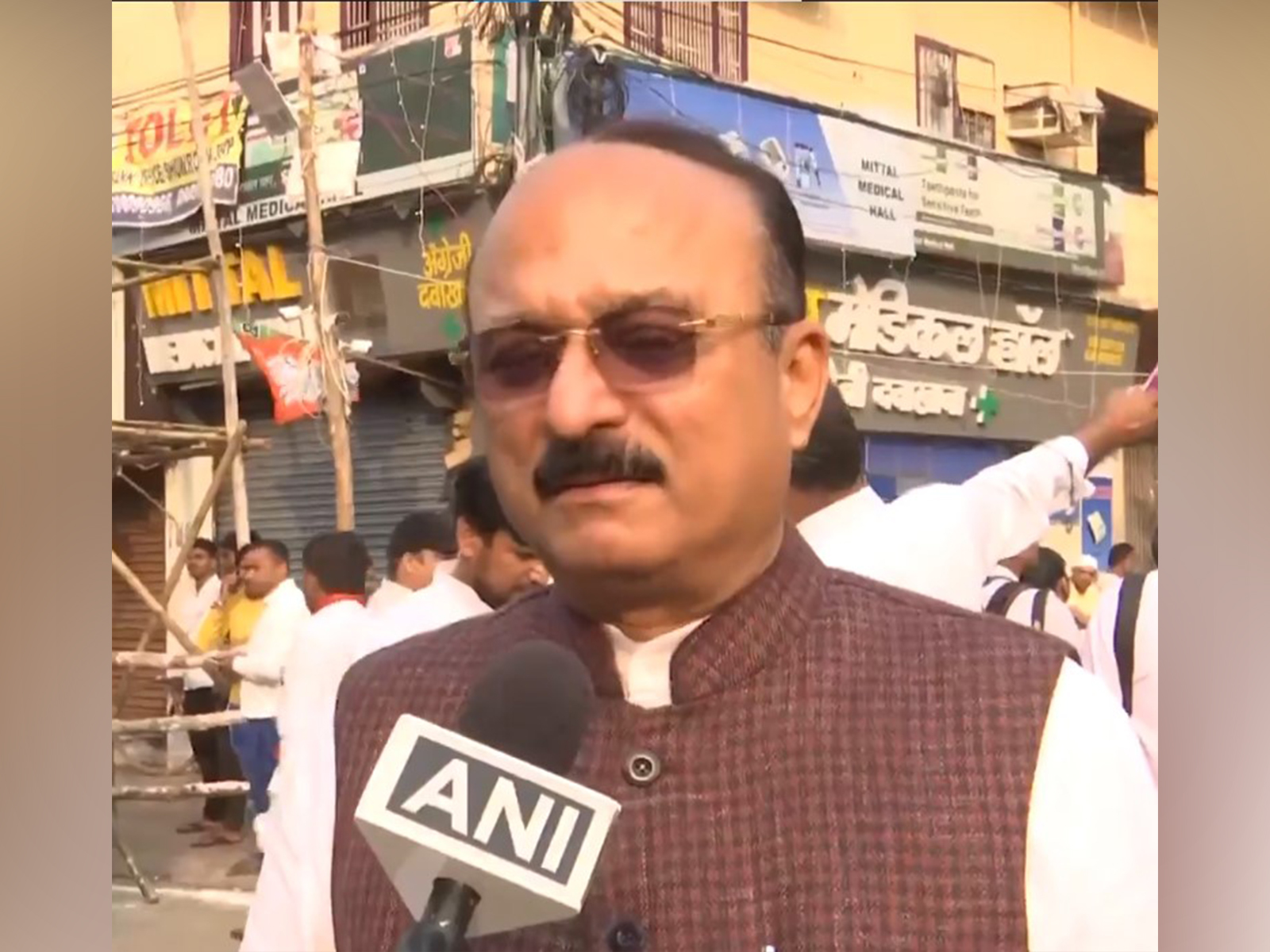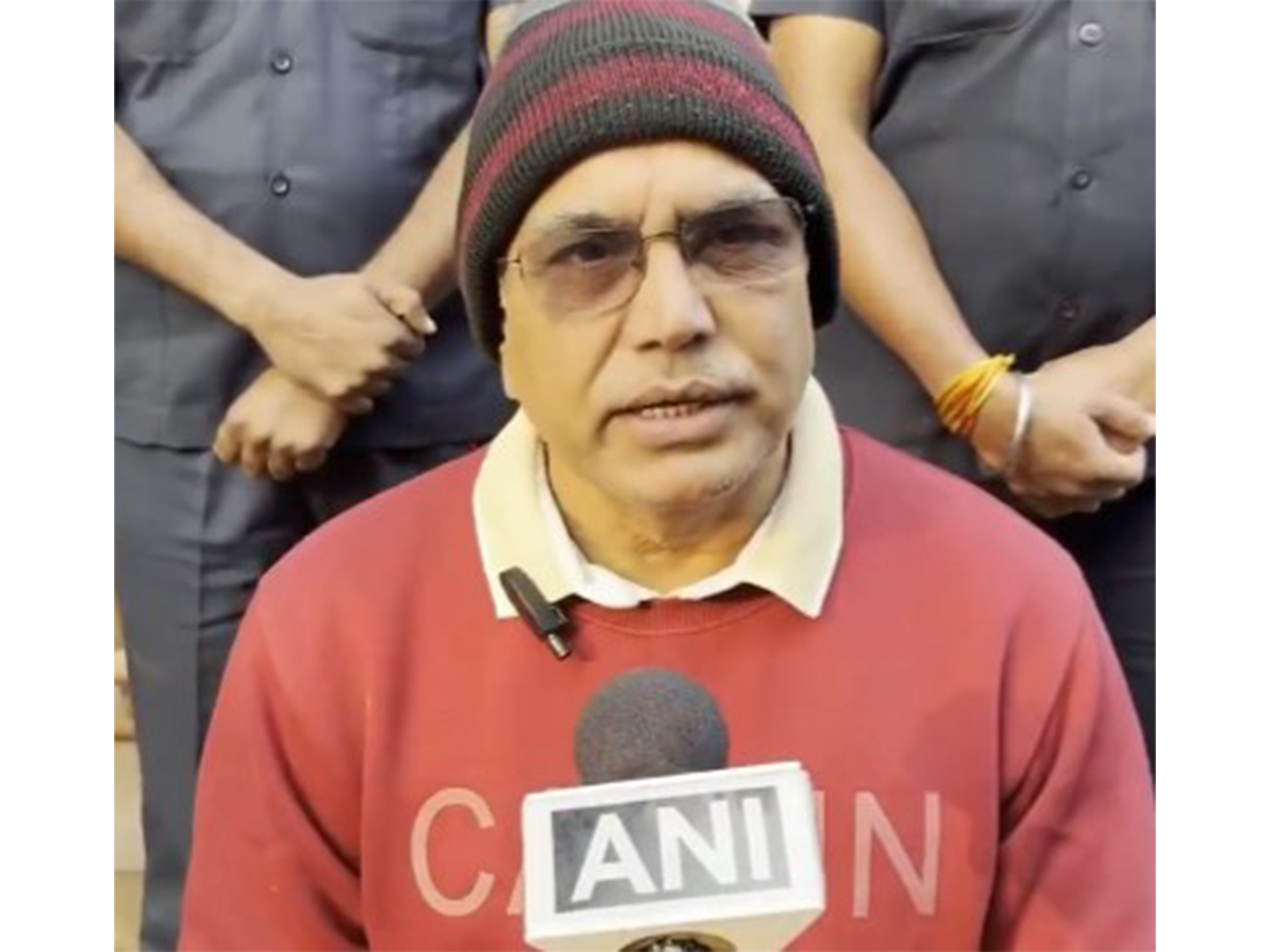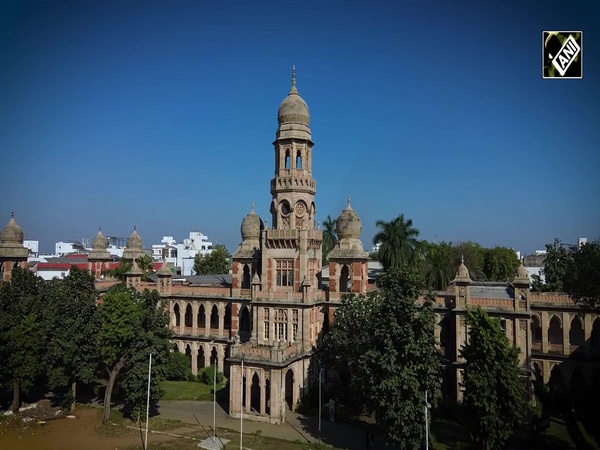"We consider farmers as God, injustice won't be done": K'taka Minister Zameer Ahmed Khan on Tejasvi Surya's Waqf allegations
Oct 26, 2024

Bengaluru (Karnataka) [India], October 26 : Karnataka Minister BZ Zameer Ahmed Khan on Saturday criticized BJP MP Tejasvi Surya for accusing the Congress of misusing the Waqf Board's powers, accusing the BJP of politicizing the issue.
The controversy stems from reports that farmers in Vijayapura district received eviction notices from the Karnataka Board of Waqfs regarding their ancestral lands.
Responding to Surya's claims, Khan said, "The local MLAs did not attend the DC meeting, and now, after three days, they are making allegations. Waqf has 1,12,000 acres of land in Karnataka, but only 23,000 acres are under its control. This means there has been encroachment. We are addressing the issue legally... They (BJP) just need an excuse. No one can take anyone's land. We consider farmers as God, so we cannot do injustice to them."
BJP MP Tejasvi Surya, in a post on X, alleged that the allowance of the Waqf Board to usurp public and government land legally has created hardship for farmers and common people.
"The Waqf report itself has mentioned about the land that the influential Congress leaders have grabbed in the name of Waqf," Tejasvi Surya wrote.
He claimed that the powers given to the Waqf board have resulted in over 15,000 acres of agricultural land belonging to farmers being claimed as Waqf land in Vijayapura district.
"Karnataka's Minority Affairs Minister Shri @BZzameerKhan met with revenue officers of certain districts recently & instructed them to register properties claimed by Waqf Board within 15 days. Congress Govt in Karnataka has prioritised minority appeasement over governance & failed to protect the rights of farmers in Vijayapura & across the State," Surya said.
He also issued a warning, saying, "If any govt officer acts outside the law by snatching away farmers' land or attempts to fraudulently change revenue entries, we will not spare them & initiate legal action in all possible ways. This is our assurance to the farmers."
The Waqf Board is a governing body responsible for overseeing and managing properties designated for charitable purposes in accordance with Islamic law.
Established under the Waqf Act of 1995, the board plays a crucial role in ensuring that these properties are utilized effectively and benefit the community. However, issues such as land encroachments and disputes over ownership often arise, leading to tensions between various stakeholders, including farmers and local authorities.
















